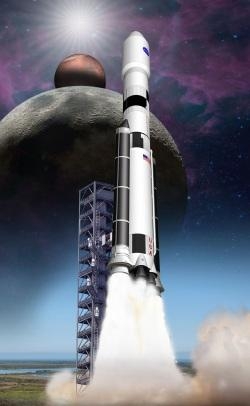Thu, Oct 11, 2012
Advertisement
More News
 Aero-News: Quote of the Day (11.08.25)
Aero-News: Quote of the Day (11.08.25)
“Understanding how the ionosphere varies will be a really important part of understanding how to correct the distortions in radio signals that we will need to communicate wit>[...]
 Classic Aero-TV: The Enduring Appeal of METARmaps
Classic Aero-TV: The Enduring Appeal of METARmaps
From 2023 (YouTube Edition): At the Confluence of Art & Information Developed by pilot, aircraft-owner, and entrepreneur Richard Freilich, METARmaps are syncretisms of visual a>[...]
 ANN's Daily Aero-Linx (11.08.25)
ANN's Daily Aero-Linx (11.08.25)
Aero Linx: European Association for Aviation Psychology (EAAP) Since 1956 the European Association for Aviation Psychology (EAAP) provides a forum for professionals working in the >[...]
 Airborne 11.03.25: BASE Jumpers Arrested, MOSAIC Town Hall, Beech M-346N
Airborne 11.03.25: BASE Jumpers Arrested, MOSAIC Town Hall, Beech M-346N
Also: Drone Rulemaking Stalled, LA County FD Adds FIREHAWKs, Wilsbach Confirmed, CAF Honors Vet Even with parts of the federal government on pause, Yosemite National Park isn&rsquo>[...]
 ANN's Daily Aero-Linx (11.09.25)
ANN's Daily Aero-Linx (11.09.25)
Aero Linx: Ercoupe Owners Club We fly an airplane that was the peak of pre-World War II development. It took more than a decade and a half before the features of the Ercoupe were t>[...]
blog comments powered by Disqus




